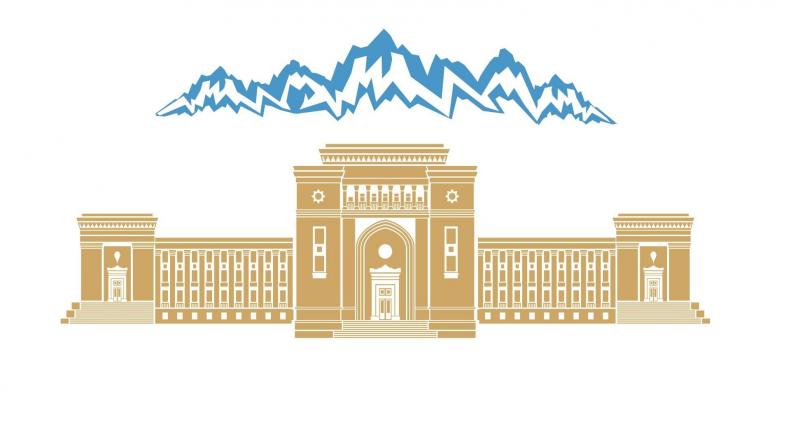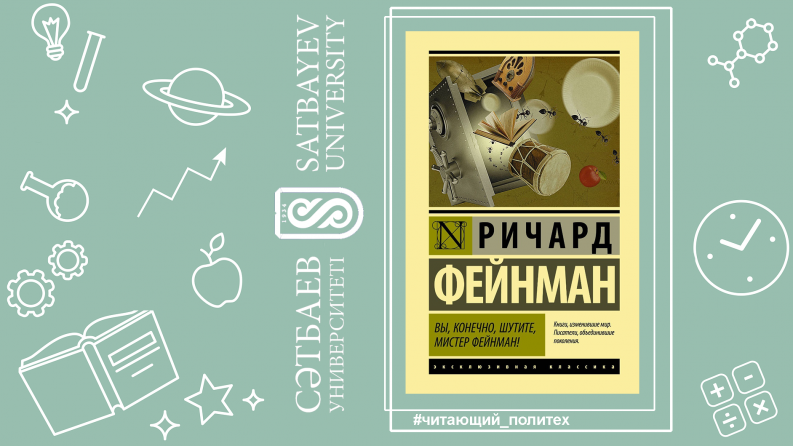Declaration of the National Academy of Sciences of the Republic of Kazakhstan

Dear compatriots!
In 1994, the First President of Kazakhstan N.A. Nazarbayev delivered a truly historical lecture at Moscow State University named after M.V. Lomonossov where he proposed the idea related to creating the Eurasian Economic Union, the given idea urged to disentangle from the difficult socio-economic situation that many post-Soviet republics faced.
It is known that major and basic principles of creating the future economic integration were: the priority of solving, above all, and most of all, economic problems; any crucial issues should be resolved based on national referenda. Mutual relations of states planning to enter the new economic union should be built on the principles of equality, non-interference in each other’s internal affairs, ensuring territorial integrity and inviolability of state borders.
The creation of the Eurasian Economic Union on January 1, 2015, according to its initial plan, had an important historical, cultural and civilizational significance. This is a voluntary economic community of independent countries. The free movement of goods, services, capital and human resources has begun between the five states. Numerous customs barriers and bureaucratic obstacles were removed. We all got a huge market covering almost 170 million people.
Domestic enterprises embarked on the path of competitiveness, starting the production of better, cheaper, and more popular products. Many hours of congestion at the border have decreased. Cross-border trade has intensified. Each member country of the Economic Union carries out mutually beneficial trade, especially in the border zone.
However, in recent years, on the part of some modern politicians, there have been frequent cases of attempts to violate the basic principles on which this economic entity rests. Therefore, a number of high-ranking political leaders of some states over the past few years have been openly trying to turn it into a political association. It is evidenced by their provocative proposals for the creation of a supranational parliament, the introduction of a union currency, a unified border troops and a common budget that result in the loss of our independence, surely, which is never acceptable.
This year marks 555 years of Kazakh statehood. In 1465, Kerey and Zhanibek, having separated from the Golden Horde (it turned 750 years), created an independent Kazakh Khanate. We must solemnly celebrate this anniversary date.
The economic union’s many projects have remained on paper. They require very serious expert-analytical work and painstaking organizational coordination on the part of country representatives in the Eurasian Economic Commission.
Moreover, on the part of some public figures of Russia provocative statements were made more than once regarding the alleged unavailability of statehood among the Kazakhs until 1991. It is necessary to remind them that the first purely Kazakh state, not to mention the ancient Turkic Khanate states that ruled the fate of many peoples of the Euroasian continent, appeared in 1465. Offensive statements are heard that it is needed to create a "Central Asian Federal District" with the center in Almaty. There were gross attacks on Kazakhstan regarding the allegedly primordial belonging of the northern and northeastern regions to a neighboring state.
All these and other provocative actions excite us, the citizens of sovereign Kazakhstan, including the scientific world. The Kazakh people live and work in their ancestral territory; we have signed an agreement on delimitation of borders with all neighboring states and established good neighborly relations. We are deeply confident and convinced that the "Shanyrak" of independent Kazakhstan will be surely passed on to future generations. The nationwide idea of "Mangilik El" (“The Eternal Country”) urges us to it as well.
In this vein, it is worth considering the recent participation and speech of the Head of State Kassym-zhomart Tokayev at the regular meeting of the Supreme Eurasian Economic Council held via video conference format. As you know, the leitmotif of the President’s speech at this meeting was Kazakhstan’s rejection of the “Development Strategy for Eurasian Economic Integration until 2025”.
In our deep conviction, the success of any economic integration is measured by improving the living standards of the population of our statesbecause of the implementation of specific integration pragmatic projects, and not by the assurances of individual politicians who question the very idea of national sovereignty and equal cooperation possibilities.
In this regard, the Presidium of the National Academy of Sciences of the RK carefully examined the course of the last meeting in the Eurasian Economic Union and took into account the constructive speech of the President of the RK K.K. Tokayev. The given Presidium also took into account the inviolability of the country's independence as the highest value, and firmly has stated:
Firstly, we fully support the idea of our President that the inclusion of health, education and science issues within the competence of the Eurasian Economic Commission can significantly change its economic orientation and will contradict the essence of the Treaty on creating the given union.
Secondly, we fully share the fears and proposal of our leader that bilateral cooperation between the Eurasian Union states is multifaceted and affects almost the entire spectrum of economic, social, and humanitarian relations, when it is not necessary at all to consider these issues in a five-sided format.
Thirdly, K.K. Tokayev is right that the integration work should take into account the national legal system peculiarities and an attempt of so-called “harmonization and unification” of legislation within the Eurasian Union will not be accepted by national public opinion.
Fourthly, we fully share the concern of our President regarding the need to ensure equal representation in the Eurasian Economic Commission, when quotas, depending on the amount of funding by the parties, should not affect this body’s personnel formation.
Fifthly, we support the President's proposals on the need not to build up the Eurasian Economic Commission’s authorities. We are confident and deeply convinced that our President K. K. Tokayev properly proposed postponing the new document adoption for further careful study.
As the scientific community representatives, we support the approach of the Head of State to comply with the principle of “reasonable sufficiency” in the coordination and harmonization of national legal norms in relation to certain integrated economic projects.
The public opinion of Kazakhstanis, including scientists, clearly does not accept any attempts to expand the Eurasian Union’s remit, when there is an undisguised attempt to turn this economic association into a political plane reality that can lead to the elimination of Kazakhstan’s independence and, to some extent, the Soviet Union’s resuscitation. The Eurasian Economic Union, first of all, should contribute to improving the people’s well-being of the states participating in the given association, including Kazakhstan, and not limit their independence, which is the unshakable and fundamental value of any state. Otherwise, Kazakhstan must withdraw from this and any similar alliances. Independence is the most precious!
We support opinion of the President of Kazakhstan Kassym-zhomart Kemelyevich Tokayev’s that the focus of the proposed strategic document should not be on the abstract vision of strategic partnership and the politicization of certain issues but on the development and implementation of specific programs for mutually beneficial economic cooperation aimed at improving the welfare of the peoples of the participating countries.
Adopted at the meeting of
Presidium of NAS RK
05.26.2020










